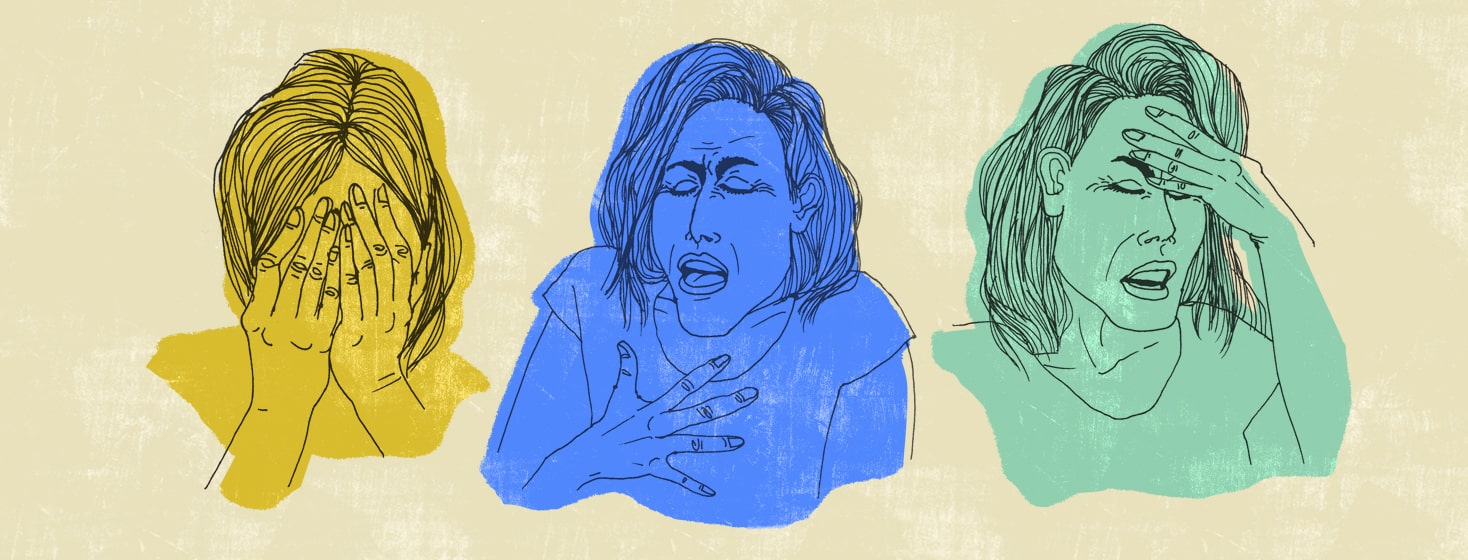The Emotional Toll of Living With COPD
Editor's Note: This article was originally published on March 26, 2024.
Each person reading this article knows the physical symptoms of COPD and its limitations. We have all felt the strangling anxiety of not being able to catch our breath.
It has been said that nothing else matters when you can't breathe, and I can tell you firsthand that is the truth.
The emotional struggles of COPD
It seems like we have given up control of our future. We have no say in the rest of our lives.
This constant feeling that we are trapped and riddled with stress and anxiety often is paralyzing. It makes us unable to function on a normal level.
COPD affects not only the lungs but also the heart, liver, and kidneys, along with other internal organs. Physical demands on the body prevent us from engaging in activities and doing tasks that persons with able bodies can perform. Others might easily throw the finger at us and say, "But you smoked," as if we deserved it.
Nobody deserves to live with the debilitating effects of COPD. The disease is not just physical. It takes a huge emotional toll as well.
We're constantly dealing with the guilt and shame of having a lung disease. It is hard for us to find self-compassion and yet without it, we can't live a fulfilled life.
We often mimic others who have no sense of compassion toward us. If we don't find compassion, support, and comfort in our environment it is likely that we will stay in a high anxiety state.
Developing coping mechanisms
How can we develop coping mechanisms when we have little support physically and almost none in the area of mental health? We must learn to dig deep so that we push off the constant anxiety/breathless state.
It is a fact that every time I accomplish something, I will become short of breath. Although it seems counterintuitive, the only thing that will help is exercise, clean eating, and keeping your thoughts positive.
Exercising should begin slowly and intentionally. This is how you allow yourself to control your breath .
We keep time when exercising by EXHAILING on the EXERTION as if we were blowing out the candles, and INHALING through our nose, taking the breath deep into our abdominal wall when we come to rest.
The idea is that slowing your breathing will bring you better relief. It will rid the lungs of stale, used air and provide greater oxygen exchange.
Breathing out through pursed lips as if you are blowing out a candle can help immensely with your shortness of breath episodes. Planning in advance of shortness of breath episodes helps ward off the accompanying anxiety.
Managing shortness of breath-induced anxiety
Be mindful when shortness of breath causes anxiety. Learn to count through it. Find something to touch, or rub something like a stone. Focus on an object. Concentrate on your breathing, slowing it and softly exhaling twice as long as you inhale.
If you are finding it hard to get through the emotional side of COPD, talk to your doctor. Find support in your community and do what you need to do to cope so you can live your best life.
Featured Forum
View all responsesEditor’s Note: We are extremely saddened to say that on January 7th, 2024, Barbara Moore passed away. Barbara’s advocacy efforts and writing continue to reach many. She will be deeply missed.

Join the conversation